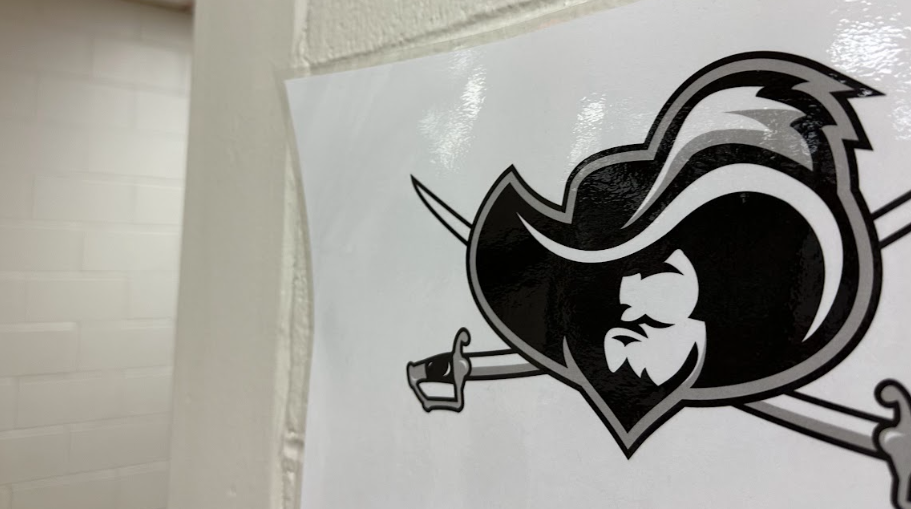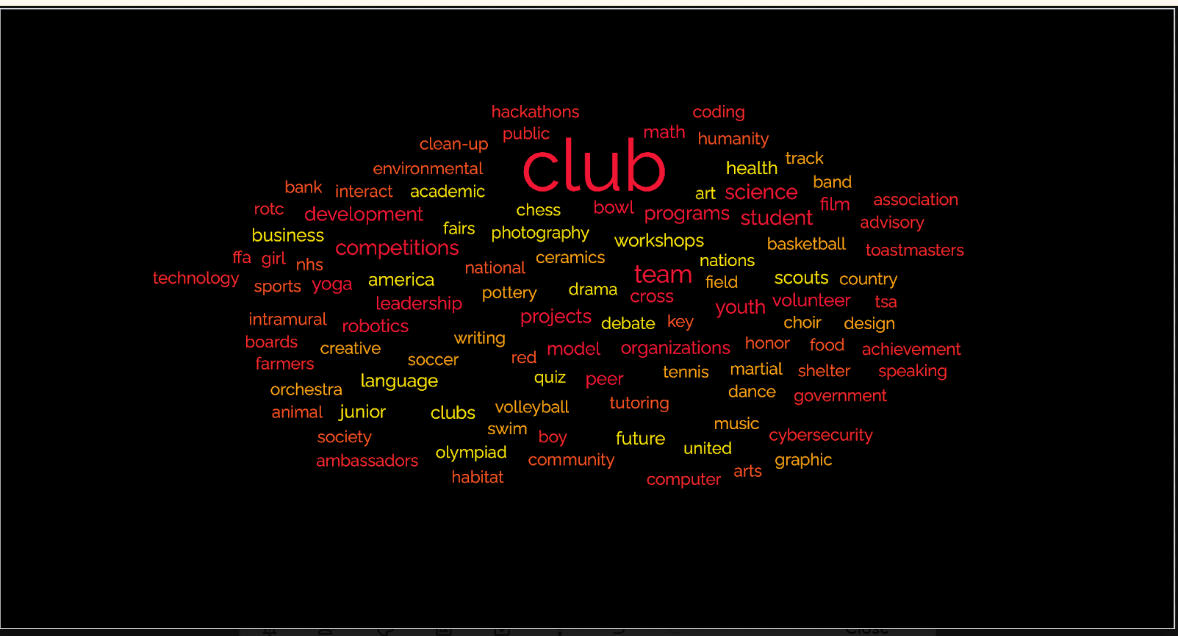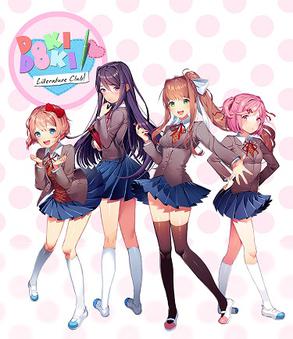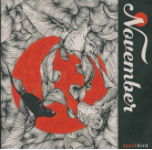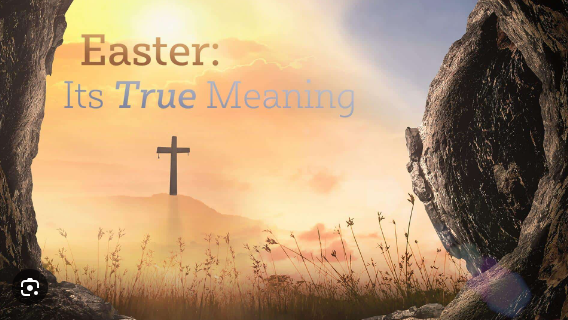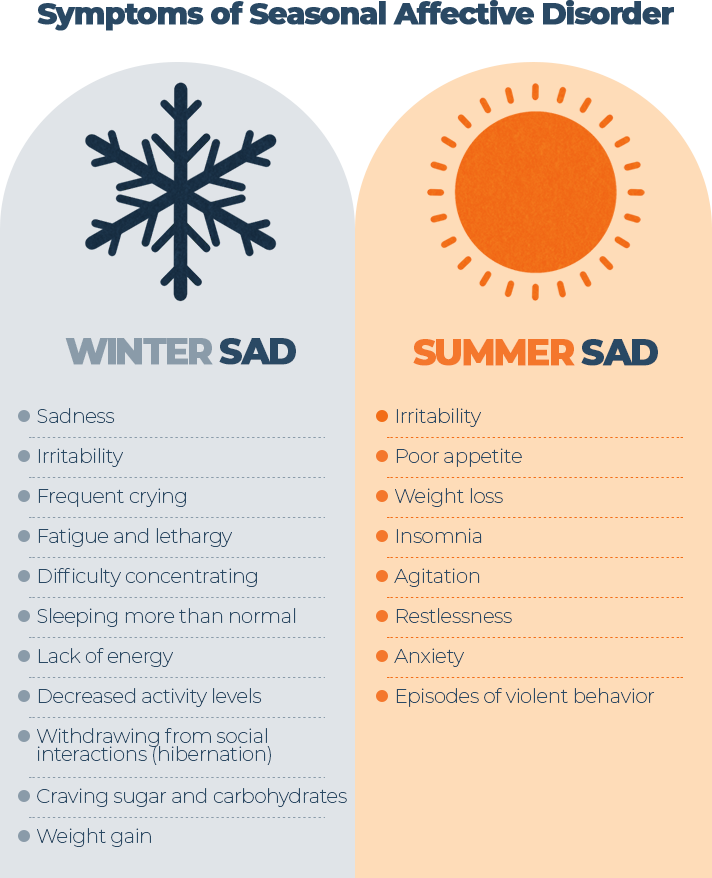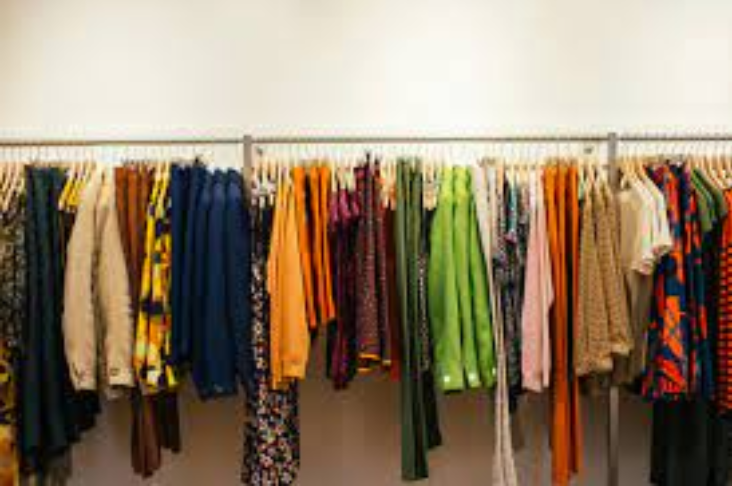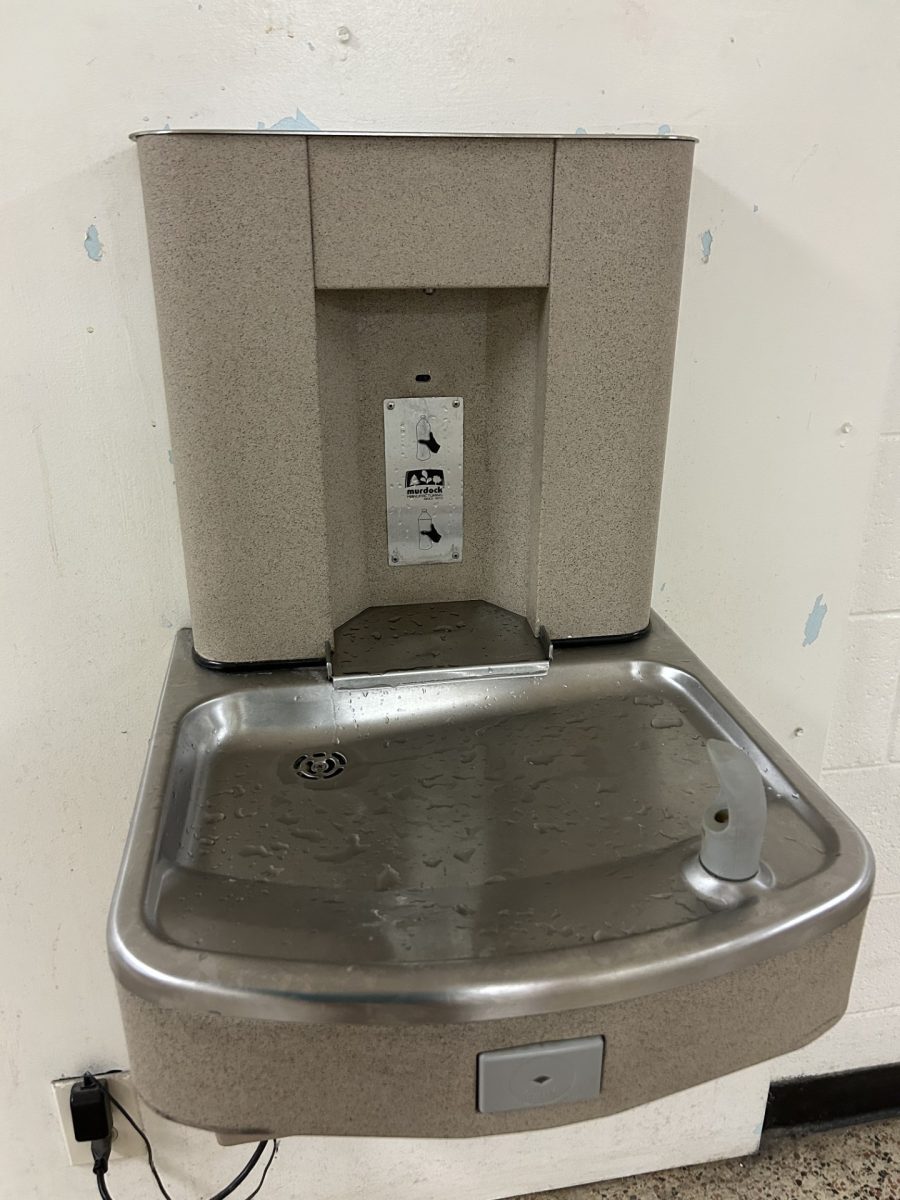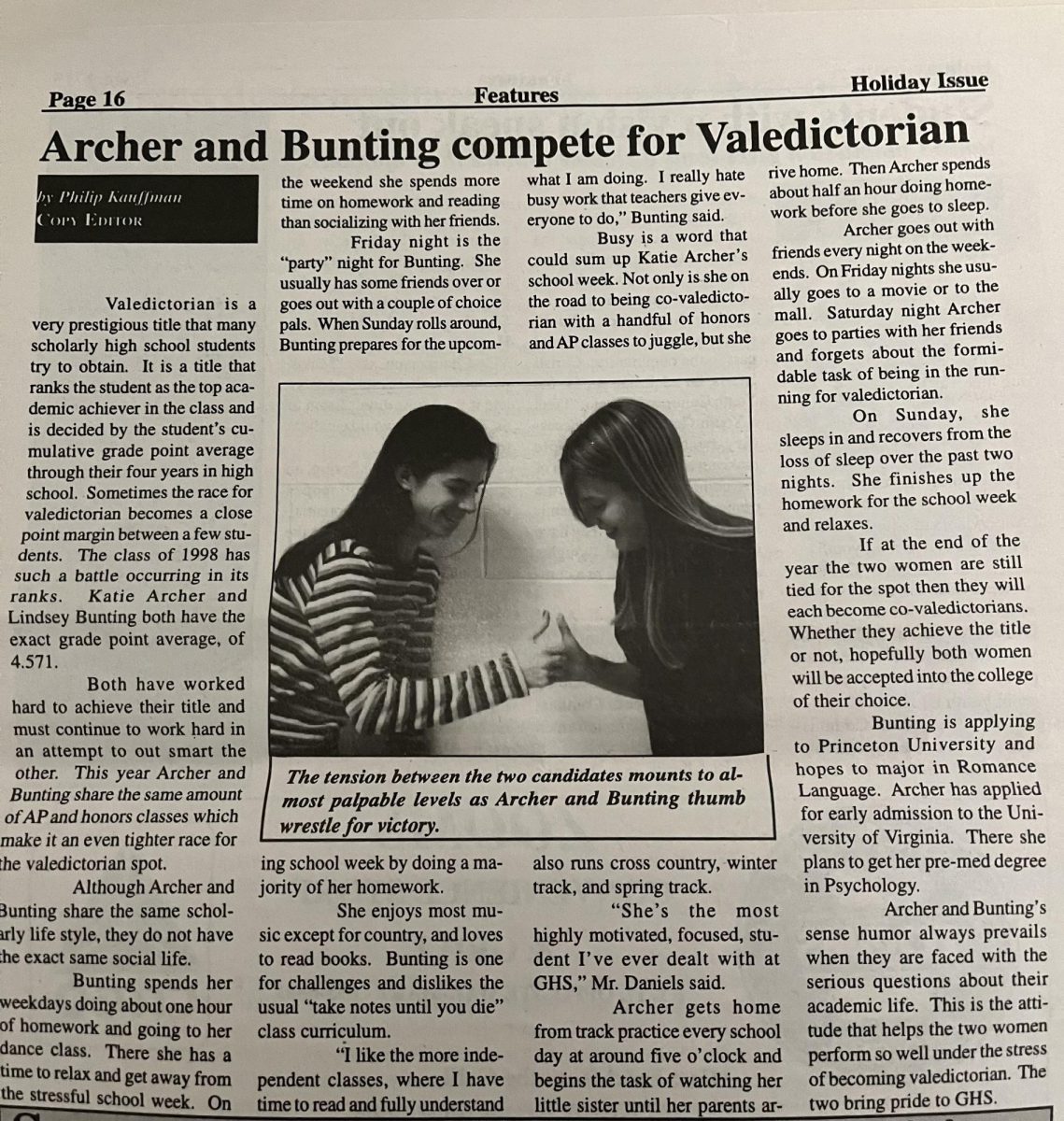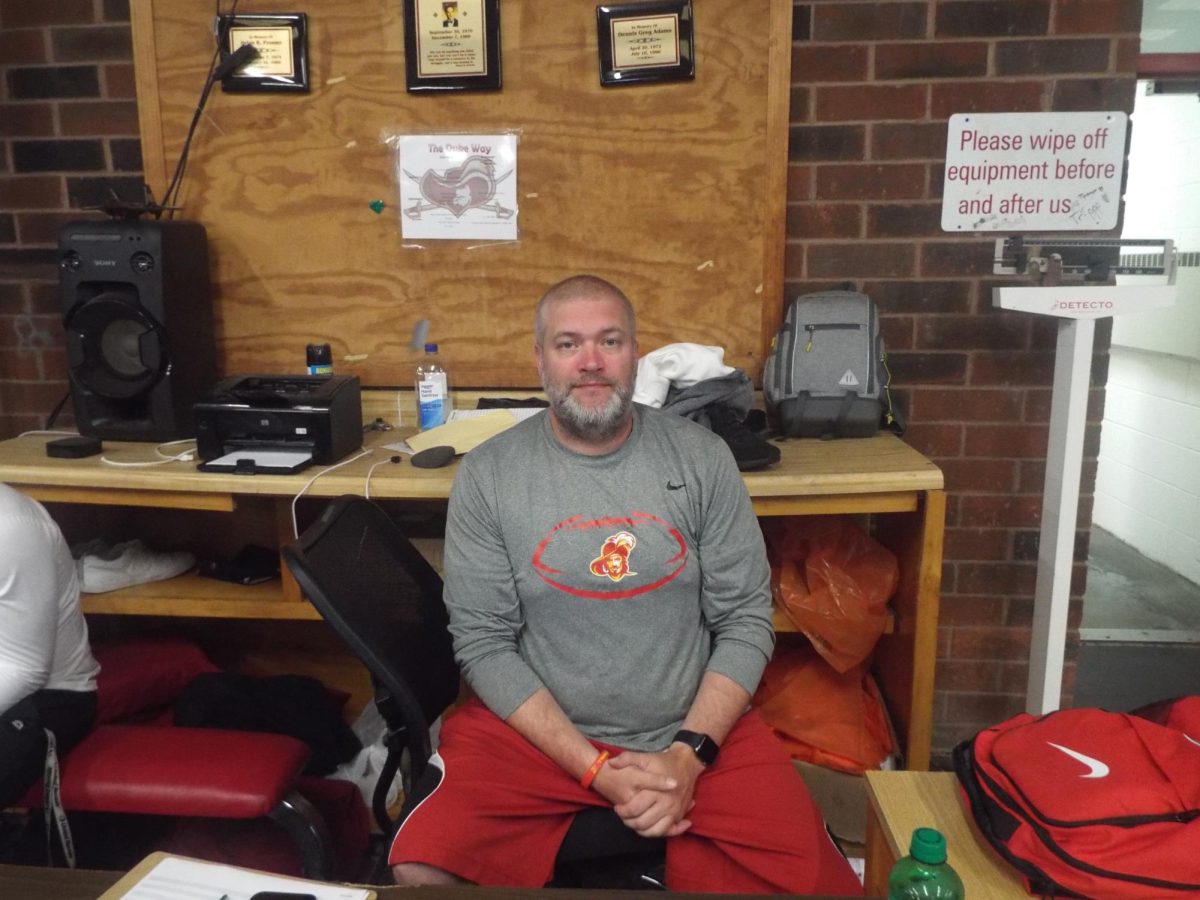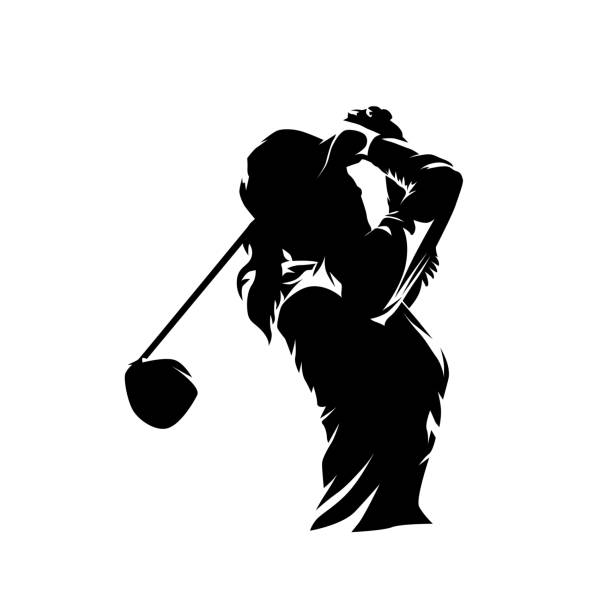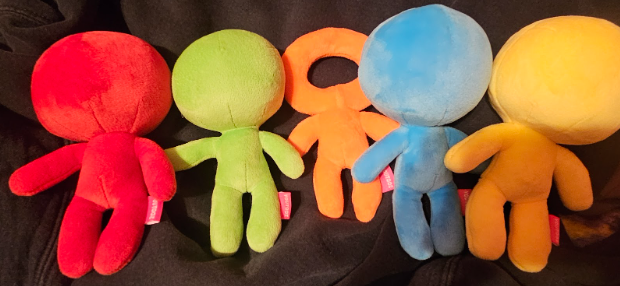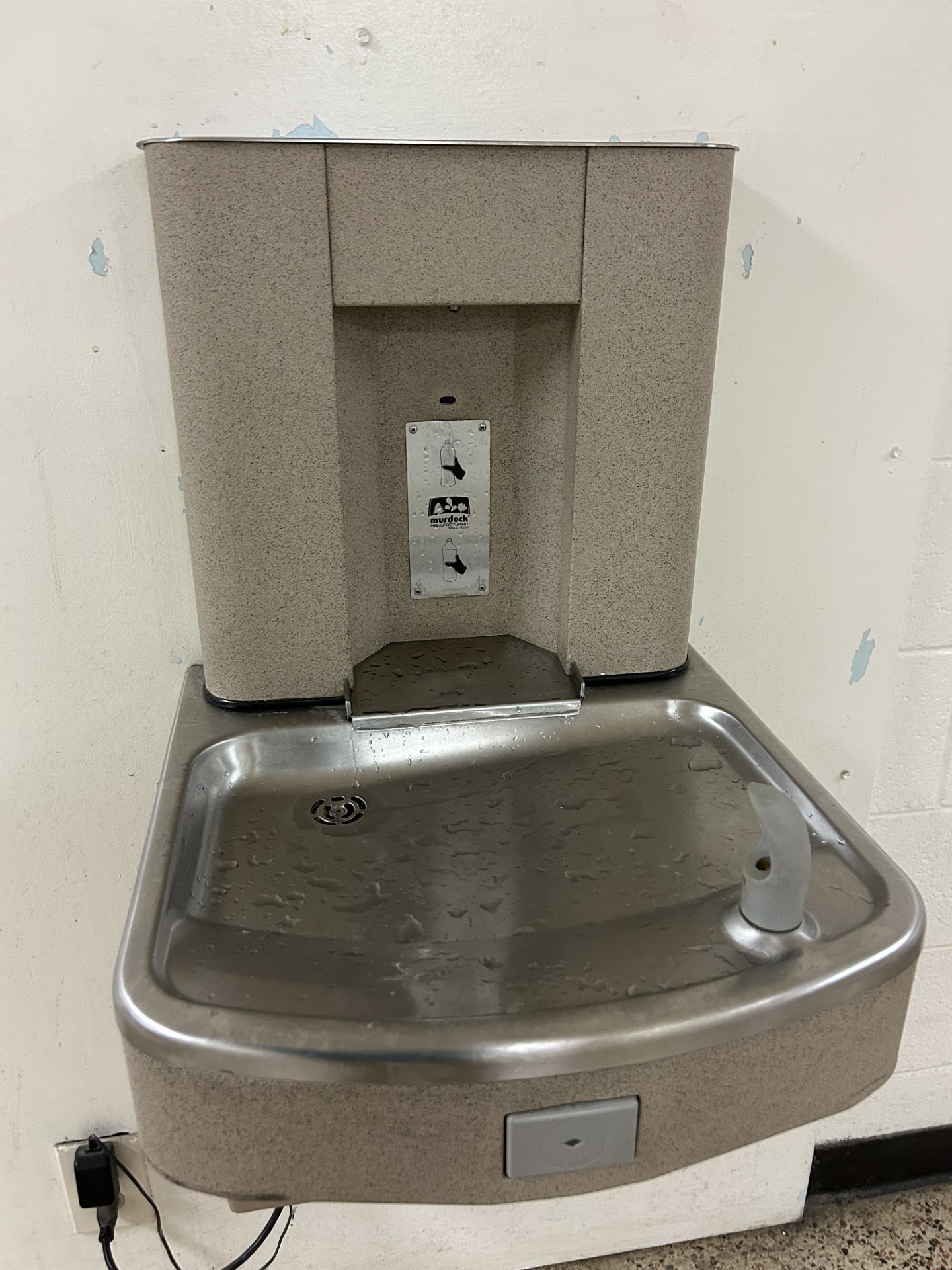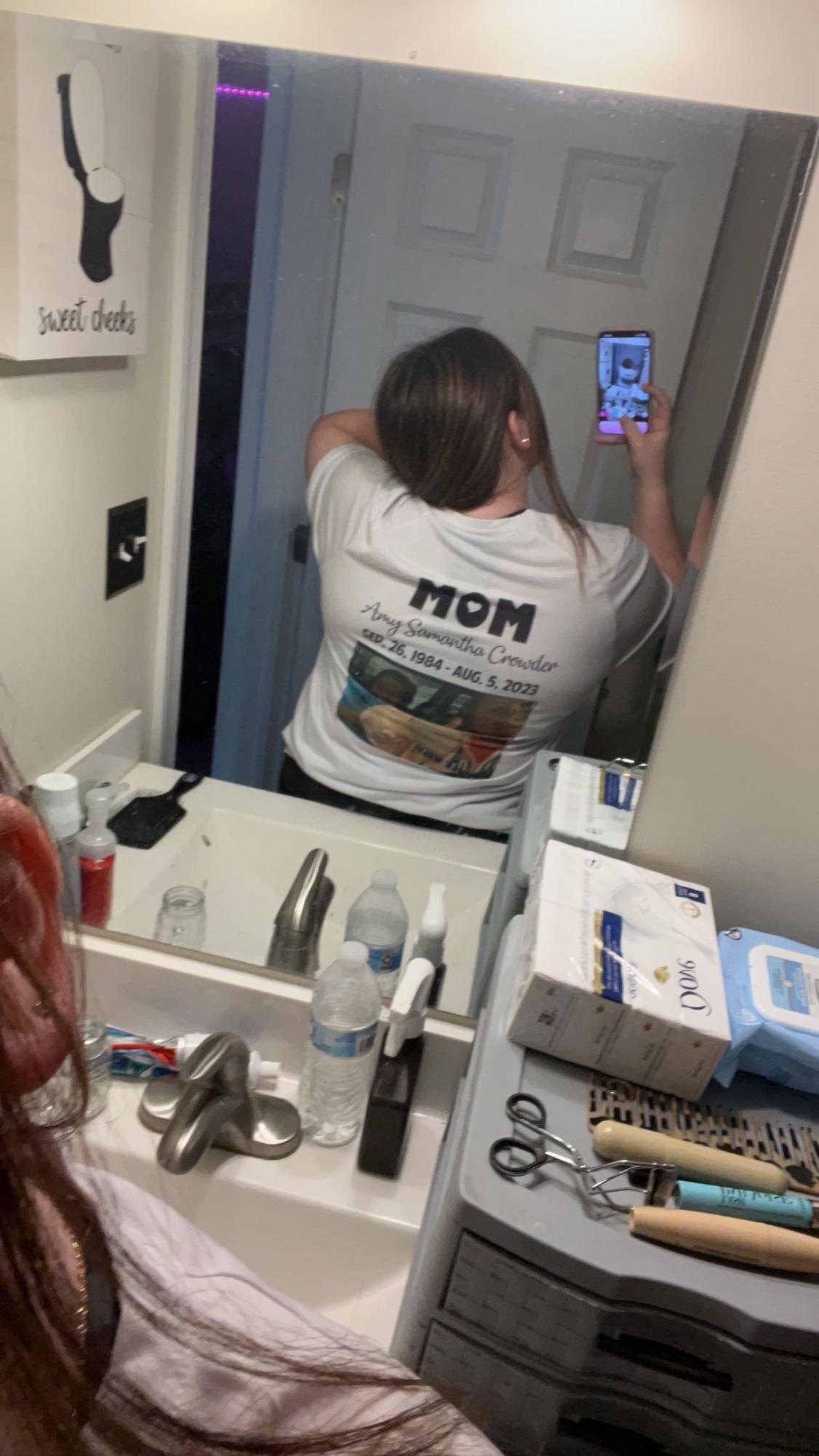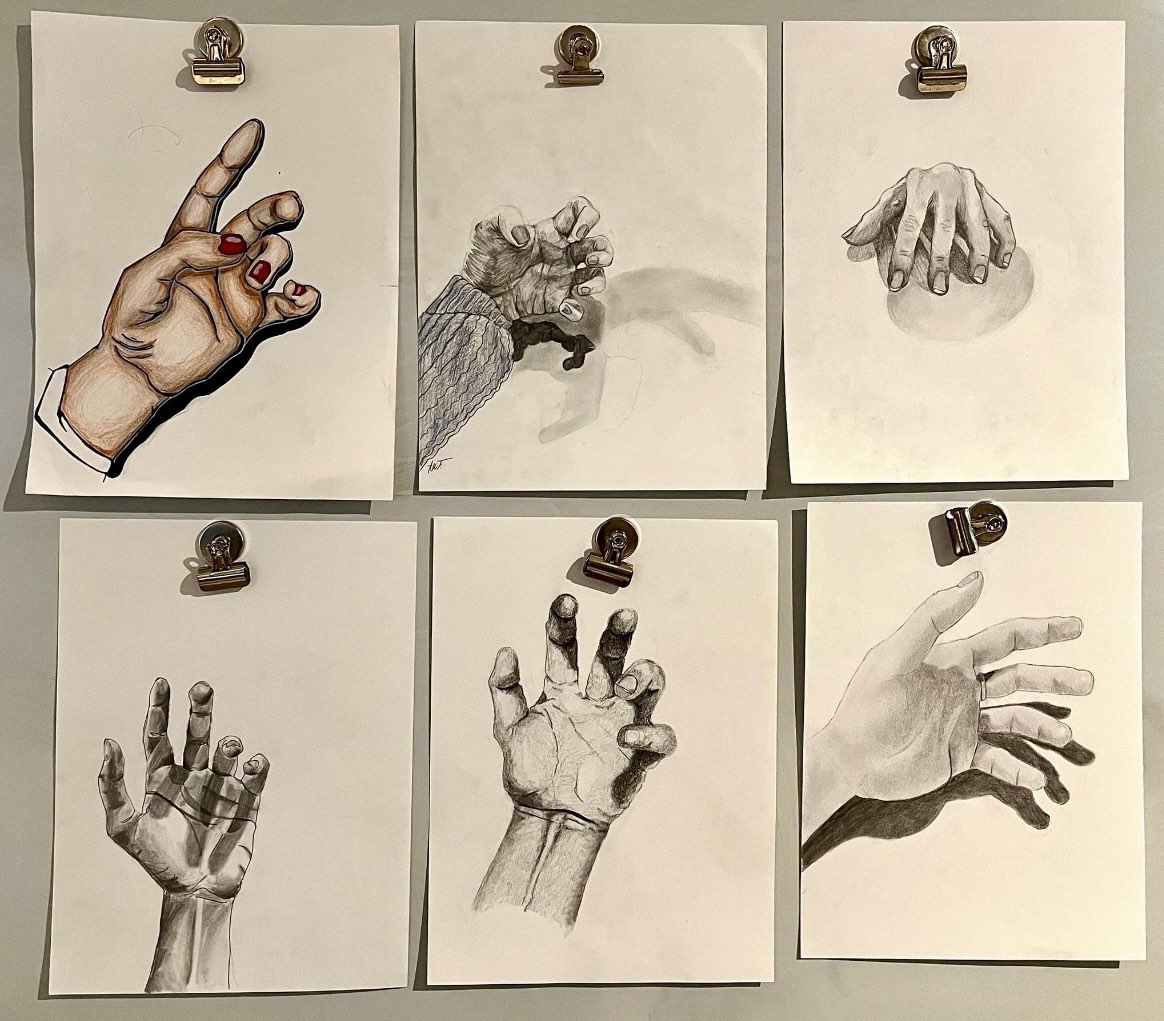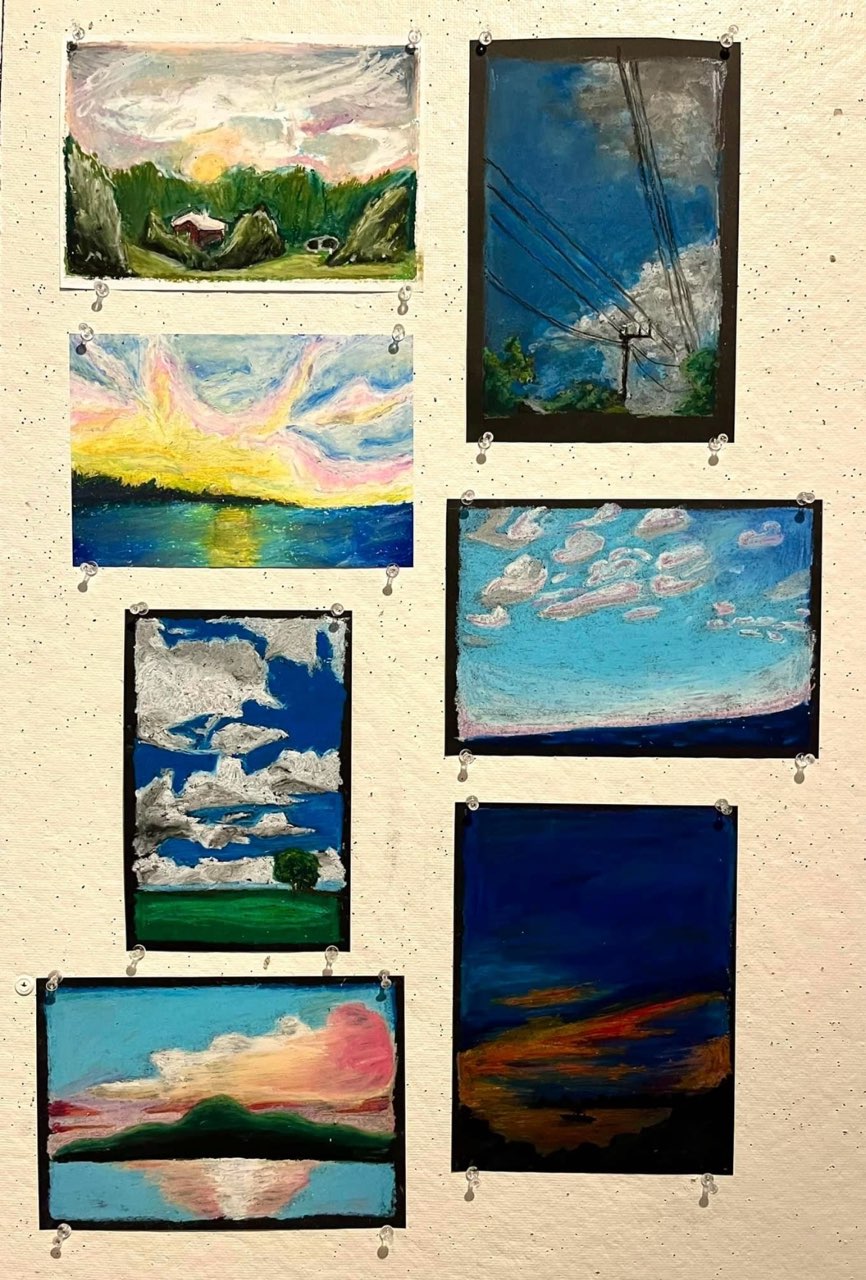A school dress code is a set of rules on what students can and cannot wear that vary from school to school. But sometimes, educational institutions don’t use their dress codes correctly or enforce them fairly among the target group. Some students I’ve heard from can mostly agree with this. A dress code should only be used to limit anything overly revealing, and that should be done rightfully, unlike what is usually used.
A lot of the time, we’ll see that these rules are gender biased or used to promote body shame in some way. If you get in trouble as a female for your clothing choice, most of the time this will be because of your chest, shoulders, thighs, etc. Over time, this objectification will cause issues like insecurity or low self-esteem, especially if it’s people with the same body types being dress-coded every time. For example, there have been many cases where girls would get in trouble for wearing a tank top or a skirt that’s too short, but a guy could then wear the shortest and smallest shorts and wife-beater tank tops around school without getting even a glance from school staff. Then, of course, there’s the cultural aspect of the dress code. Some schools ban turbans and headscarves, which could be problems for religious people and cause fear of being at school. Banning religious clothing would be like banning prayer and worship in school, which is not optional for some religious people. These sets of rules also limit self-expression greatly.
Kids who have strict dress codes or uniforms for their schools aren’t really able to experiment with their style until later in life. Which, as adults or older teens, can make them feel behind their peers or behind society in general and feel like they have missed out. Requiring certain brands for school dress codes can also be problematic because students and parents have to spend their own money on the clothes. If you’re in a tricky financial situation, this can be really difficult and may cause embarrassment and exclusion if you feel like you don’t have as nice clothes as your peers. Overall, dress codes really need to be remodeled and tweaked to fit a more modern standard instead of holding kids up to these dramatic expectations. Students and employees should feel comfortable in their working environment and be able to express their personal style, religion, and so on. Some adjustments school boards could make to these rules would be, one, to enforce them correctly in the first place.
They need to set the same set of rules for both girls and boys. Religious headwear and other religious clothing should be respected and allowed if the person wants to wear it to feel comfortable. Females shouldn’t be targeted for their body parts or body shapes in the same tank top the boy next to her is wearing. This has been going on for an extremely long time, and while, unfortunately, I don’t think much will change, it’s still good to speak on it. Voicing your opinion at your school or work could make the biggest difference, and I think more people should start standing up for what’s right.
In conclusion, dress codes show unfairness and sexism by wrongfully targeting women and not allowing freedom of expression. They allow gender stereotypes and inequality by putting stricter rules on women’s attire than men’s. This is why it is necessary to change these dress codes and create them with more inclusivity and personal expression.


